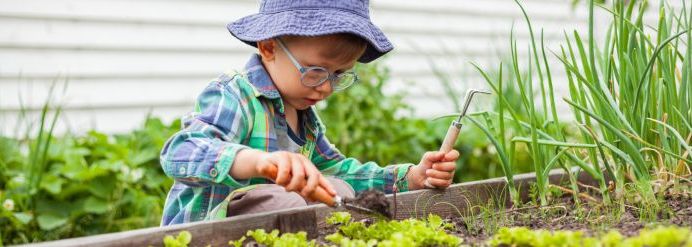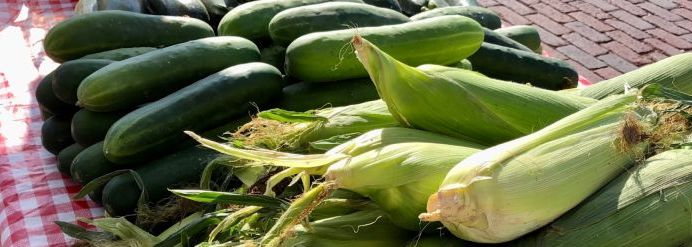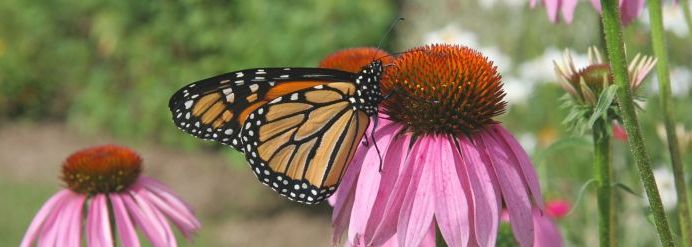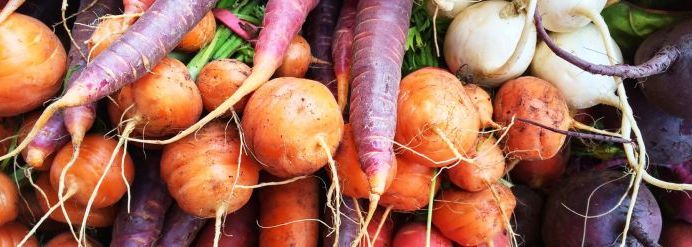We’re all anticipating the arrival of spring and the upcoming local farmers market. With the promise of new growth and vibrant blooms, spring is the perfect time to roll up your sleeves and get your hands dirty in the garden. Whether you're a seasoned gardener or a beginner, here are some spring gardening tips to help you get started and make the most of the growing season ahead!
Prepare your soil
Good soil is the foundation of a successful garden, so it's essential to start by preparing your soil for planting. Remove any weeds, rocks and debris from your garden beds, and then amend the soil with compost or other organic matter to improve its texture and fertility. This will provide your plants with the nutrients they need to thrive and retain moisture during the hot summer months.
Plan your layout
Before you start planting, take some time to plan out your garden layout. Consider factors such as sunlight exposure, companion planting and spacing requirements for each plant. Arrange your plants in rows or raised beds, leaving enough room between them to allow for growth and air circulation. This will help prevent overcrowding and make it easier to care for your garden throughout the season.
Choose the right plants
When selecting plants for your garden, choose varieties that are well-suited to your climate and growing conditions. Consider factors such as temperature, humidity and soil type, and choose plants that are known to thrive in your area. You can also experiment with different varieties and hybrids to see what works best in your garden.
Start seeds indoors
Many vegetables and flowers can be started from seed indoors before the last frost date. This allows you to get a head start on the growing season and gives your plants a better chance of success. Start seeds in trays or pots filled with seed starting mix and place them in a warm, sunny location indoors or under grow lights. Once the weather warms up and the seedlings have grown strong roots, you can transplant them into your garden.
Protect against pests and disease
As your garden begins to grow, be on the lookout for signs of pests and disease. Inspect your plants regularly for any signs of damage or infestation and take action promptly to prevent further spread. You can use natural remedies such as insecticidal soap or neem oil to control pests and practice good garden hygiene by removing any diseased or damaged plants from your garden.
Mulch and water
Mulching your garden beds with a layer of organic mulch, such as straw, wood chips or shredded leaves can help retain moisture, suppress weeds and regulate soil temperature. Water your garden regularly, making sure to water deeply and evenly to encourage strong root growth. Use a soaker hose or drip irrigation system to water the base of your plants and avoid getting the foliage wet, which can lead to disease.
Enjoy the process
Above all, remember to enjoy the process and take time to appreciate the beauty of nature. Gardening is a rewarding and therapeutic activity that allows you to nurture new life. Soak up the sunshine, breathe in the fresh air and enjoy all the new growth!
Get ready for your local farmers market
With these spring gardening tips in mind, you'll be well on your way to creating a bountiful garden that brings joy and satisfaction to you throughout the season. Whether you’re growing fresh produce, microgreens or flowers, our markets welcome you. We had a wonderful selection of vendors last year, and if you’re interested in vending at your local farmers market this upcoming season, contact us today!















